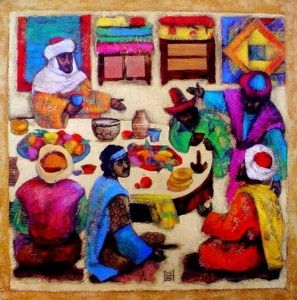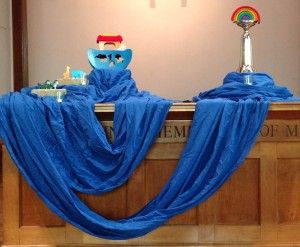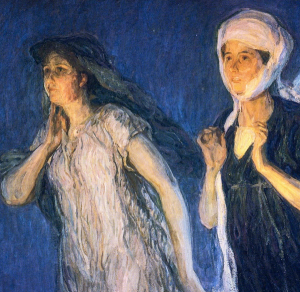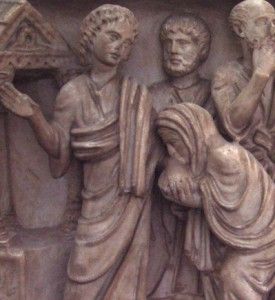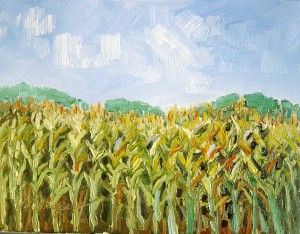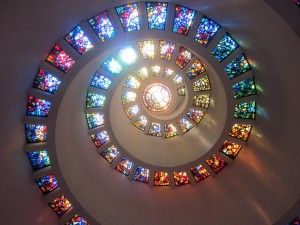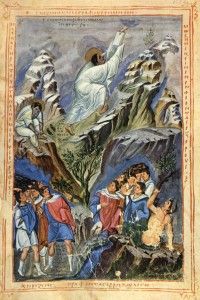Jesus loved to eat with people. Apart from teaching and healing, it’s probably the thing he does most in the gospels. He eats with friends, and with strangers; with rich people, and with poor people; with people who have a high status, and with people who have bad reputations.
Jesus loved to eat with everybody, and he did some of his most important teaching over a meal. He learned people’s names and looked them right in the eye. He talked about God over bread or fish or meat or wine or figs or whatever else was on hand. The gospel writers don’t seem too interested in sharing the menu with us. I guess, in this case, it wasn’t really about the food.
Jesus loved to eat with people. He loved to eat with everybody, no matter what was on the menu, and he loved to teach while he was at it. In today’s story from the Gospel of Luke, Jesus is eating with a group of rich and important people at the house of a local leader, and he notices that everyone there is trying to get the best seat. It seems like a teaching moment. So Jesus offers some advice on mealtime etiquette. This is Miss Manners, the Jesus edition.
What does Jesus say? He says a lot, but it boils down to two rules: (more…)
